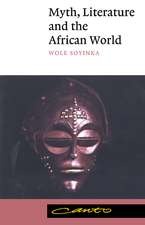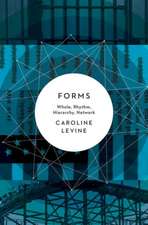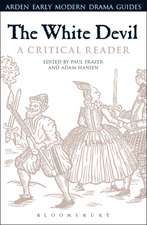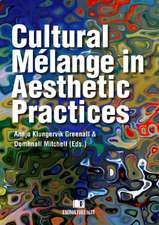Beyond the Tragic Vision: The Quest for Identity in the Nineteenth Century
Autor Morse Peckhamen Limba Engleză Paperback – 11 mar 1981
Preț: 323.81 lei
Nou
Puncte Express: 486
Preț estimativ în valută:
61.97€ • 64.46$ • 51.16£
61.97€ • 64.46$ • 51.16£
Carte tipărită la comandă
Livrare economică 14-28 aprilie
Preluare comenzi: 021 569.72.76
Specificații
ISBN-13: 9780521281539
ISBN-10: 0521281539
Pagini: 384
Dimensiuni: 152 x 229 x 22 mm
Greutate: 0.56 kg
Ediția:Revised
Editura: Cambridge University Press
Colecția Cambridge University Press
Locul publicării:Cambridge, United Kingdom
ISBN-10: 0521281539
Pagini: 384
Dimensiuni: 152 x 229 x 22 mm
Greutate: 0.56 kg
Ediția:Revised
Editura: Cambridge University Press
Colecția Cambridge University Press
Locul publicării:Cambridge, United Kingdom
Cuprins
Introduction: the problems of the historian; Part I. The End of Ancient Thinking; Part II. The Alienated Vision; Part III. The Heroic Redeemer; Part IV. Illusion and Reality; Part V. Style and Value; Index.
Descriere
An attempt to understand the nineteenth-century's need to derive order from the individual rather than the objective world.


















